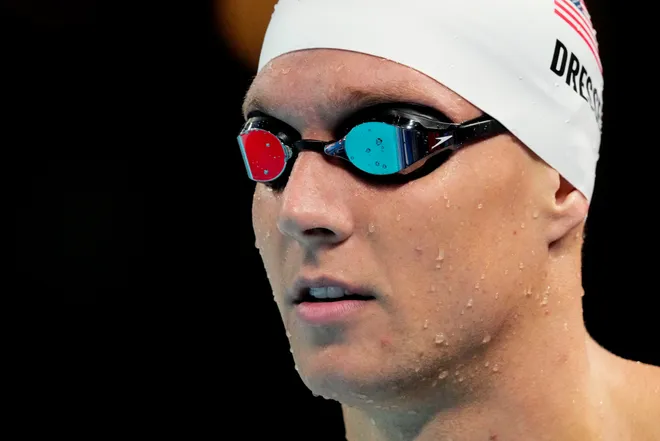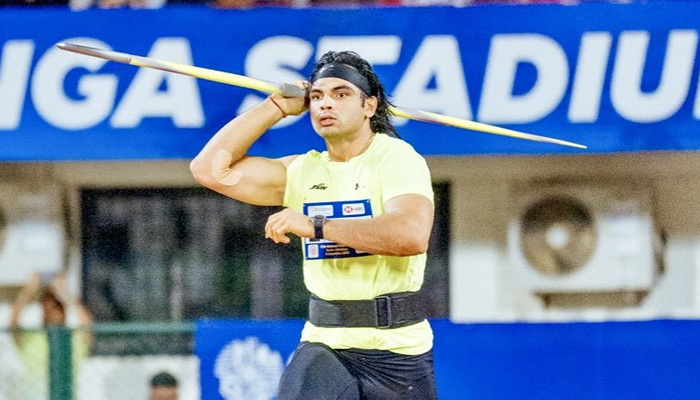
What happened to Sha’Carri Richardson? Why track star was suspended for 2020 Tokyo Olympics
Sha’Carri Richardson, the American sprinting sensation, faced a significant setback when she was suspended from the 2020 Tokyo Olympics. Richardson, known for her incredible speed and vibrant personality, had become a favorite to win gold in the 100 meters. However, her dreams were put on hold due to a controversial suspension.
The incident unfolded shortly after Richardson’s stunning victory at the U.S. Olympic Trials in June 2021, where she secured her spot on the Olympic team with a remarkable time of 10.86 seconds. Her performance not only solidified her as one of the fastest women in the world but also garnered widespread attention and support.
However, just weeks before the Tokyo Games, Richardson tested positive for THC, the active compound in marijuana. This test was conducted after her victory at the Trials. The positive result led to an immediate suspension, as THC is classified as a prohibited substance by the World Anti-Doping Agency (WADA). The rules state that athletes must not use marijuana during competitions because it can be considered performance-enhancing or detrimental to their safety and well-being.
Richardson publicly acknowledged her use of marijuana, explaining that she had ingested it in Oregon, where it is legal, as a way to cope with the emotional stress of her biological mother’s recent death. In an interview, she expressed remorse and took full responsibility for her actions, understanding that it had consequences for her Olympic aspirations.
The suspension sparked a broader debate about the rules and their application, with many arguing for a reassessment of marijuana’s status as a banned substance in sports. Supporters of Richardson pointed out the legal status of marijuana in many U.S. states and questioned whether it should be grounds for such a severe penalty, especially given the context of her personal circumstances.
Despite the disappointment, Richardson handled the situation with grace and resilience. She vowed to come back stronger and continue her pursuit of excellence on the track. Her case also brought attention to the need for mental health support for athletes, highlighting the pressures they face and the importance of compassionate policies.
Richardson’s story is one of immense talent, human vulnerability, and the complexities of modern sports regulations. Although she missed the Tokyo Olympics, she remains a prominent figure in track and field, inspiring many with her determination and spirit. Her journey serves as a reminder of the challenges athletes navigate and the ongoing discussions about fairness and support in competitive sports.






